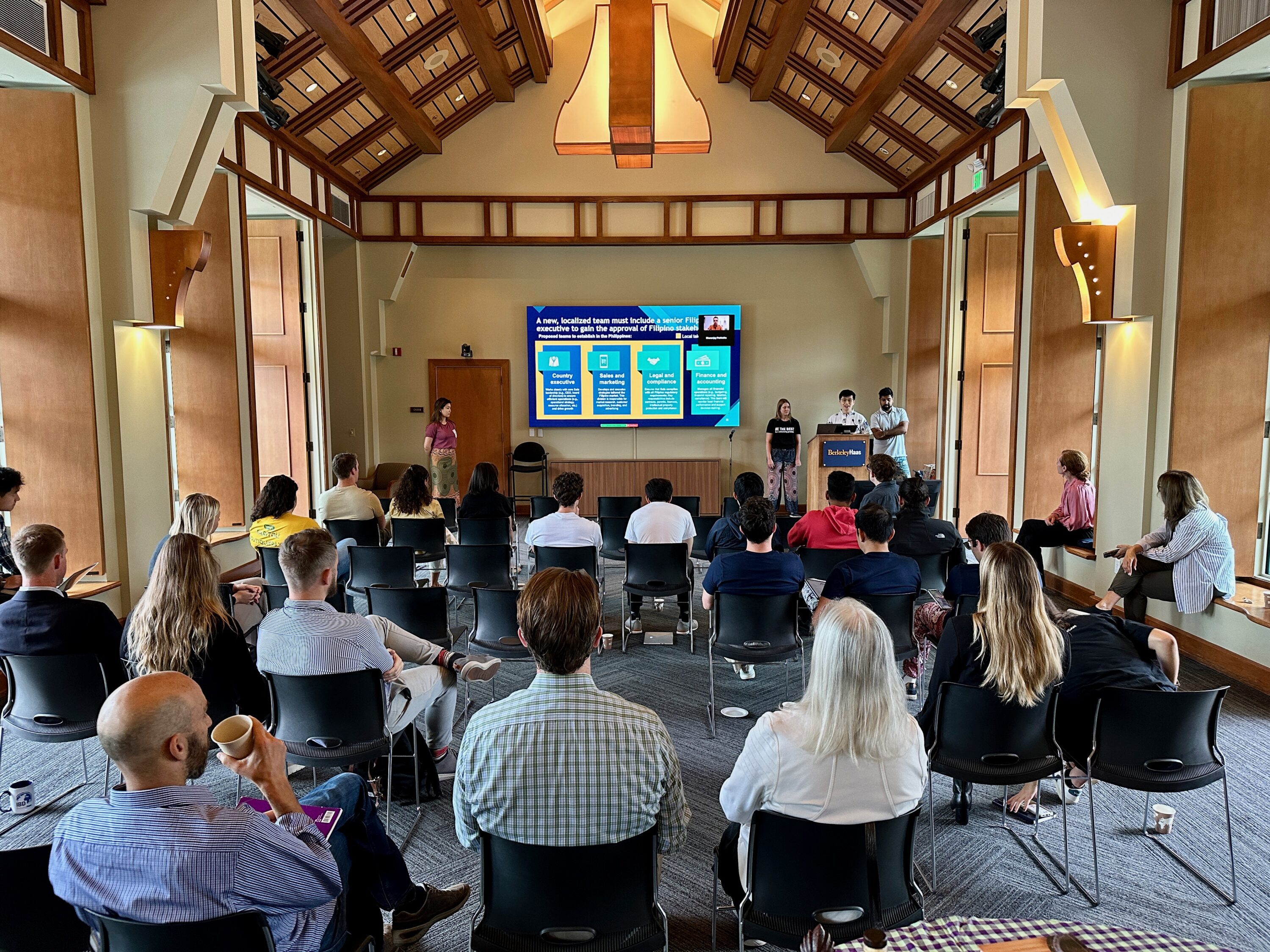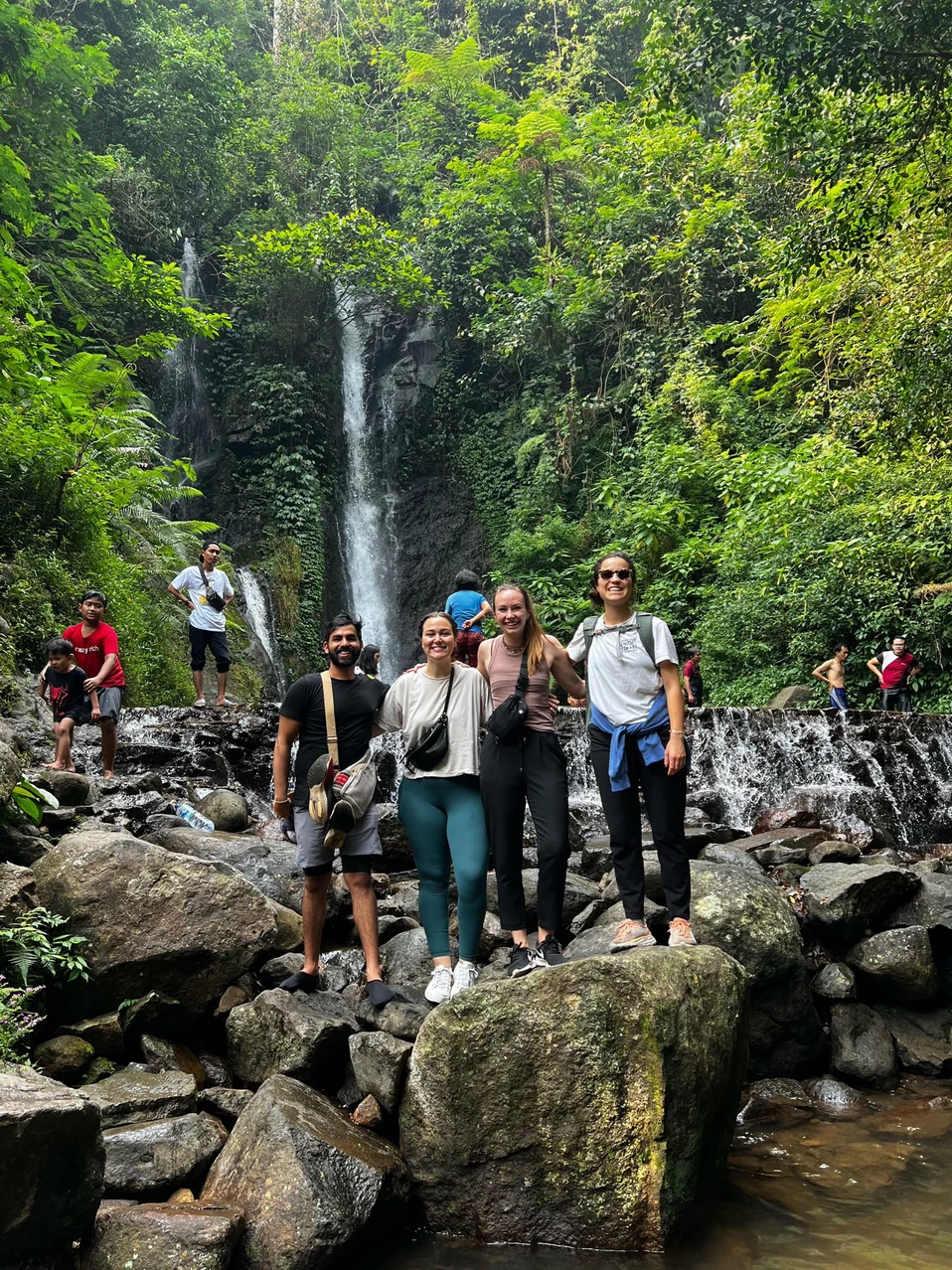IBD Alumni Conversations: Katharine Hawthorne, MBA ‘20
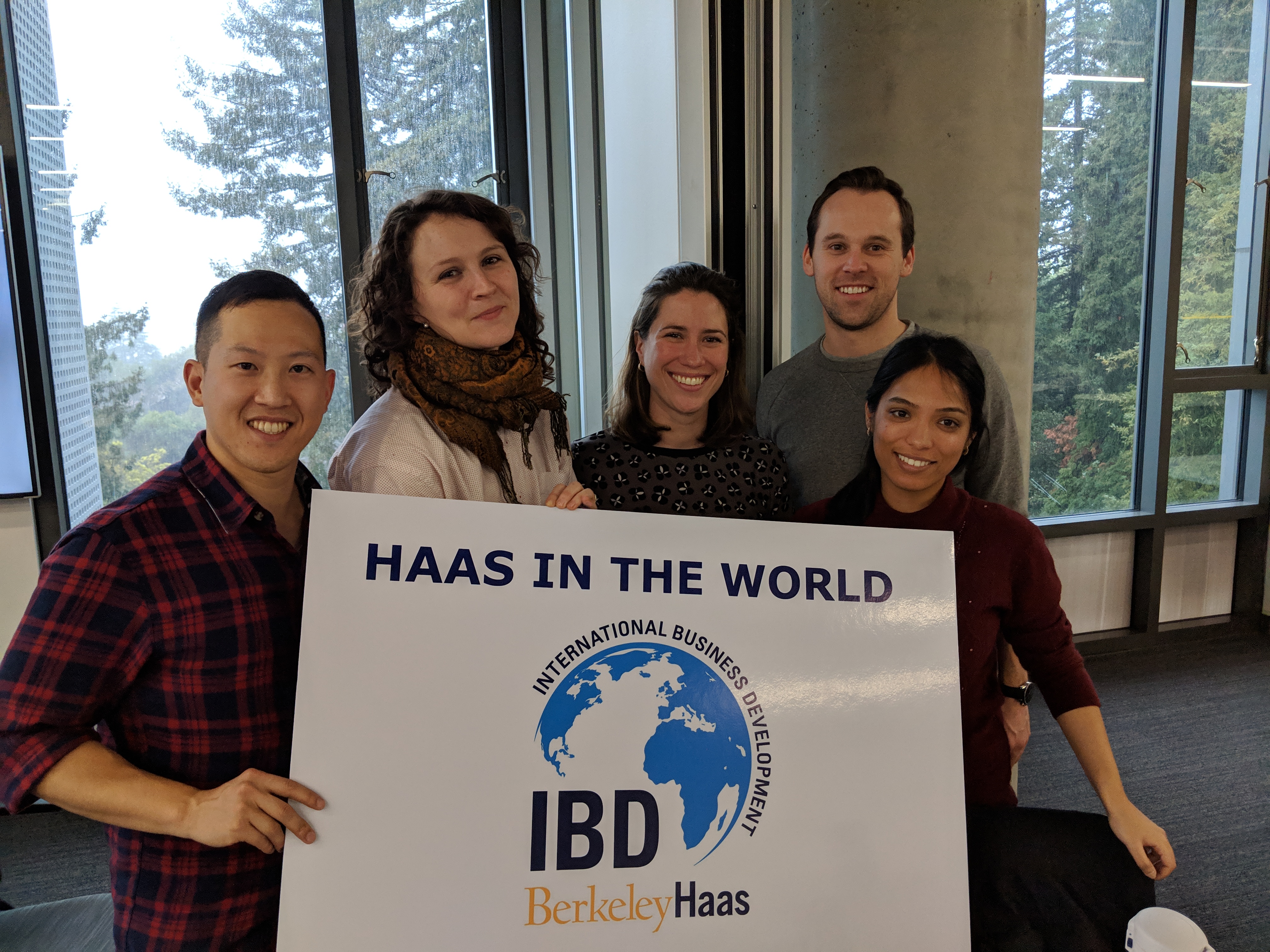
Congratulations to one of our IBD alumni, Katharine Hawthorne (MBA ‘20). In addition to her many career and life accomplishments, Katharine Hawthorne can add Berkeley Haas MBA graduate to her list. IBD met up recently with Katharine to talk about her current role with Patamar Capital, a venture capital firm with an impact investing lens and geographic focus on South and Southeast Asia. Katharine explained that “patamar” is a type of Indian Dhow. It was traditionally used in the western coast of the Indian subcontinent as a cabotage vessel between Gujarat and Ceylon, usually for the transport of rice. Historically Patamars were very important in trade as well as transmitting culture; and as Katharine shared, this is the ethos of the firm — connecting markets.
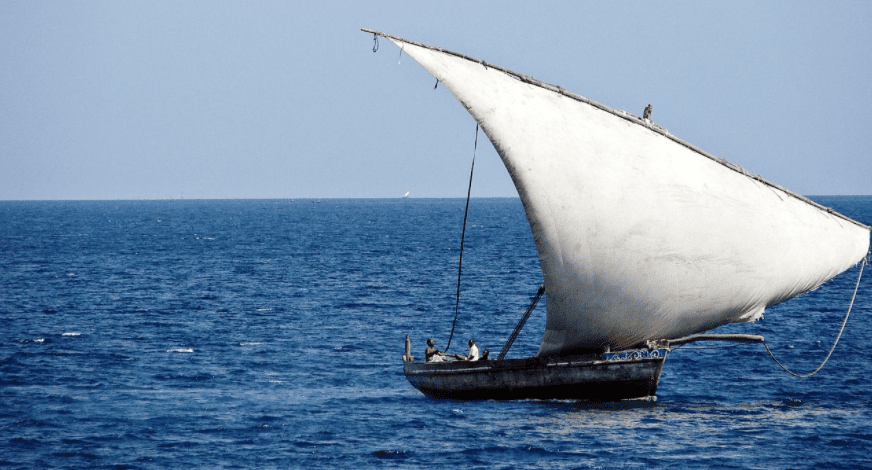
Please enjoy our interview with Katharine below.
Katharine: After completing my IBD project, I started an internship at Patamar Capital. I spent half the summer in San Francisco and the other half in Jakarta. When I returned in the fall of 2019, I came back in a consulting capacity to support Shuyin Tang, a partner who is based in Vietnam. Through years of investing in Southeast Asia, Shuyin found that the number of women-run businesses receiving venture capital funding was extremely low. It wasn’t because the pipeline for women entrepreneurs isn’t there. In fact, there are plenty of viable women-run businesses; but for many, venture capital is not the right form of investment and it is historically harder for them to access funding.
IBD Interviewer: Why is that?
Katharine: Shuyin found that women-owned businesses tend to be much more focused on building sustainable business models, where they’re funding growth through their own profits. Essentially, they’re putting cash back into the business as opposed to giving up equity ownership, which is the venture capital model.
IBD Interviewer: How is this fund different?
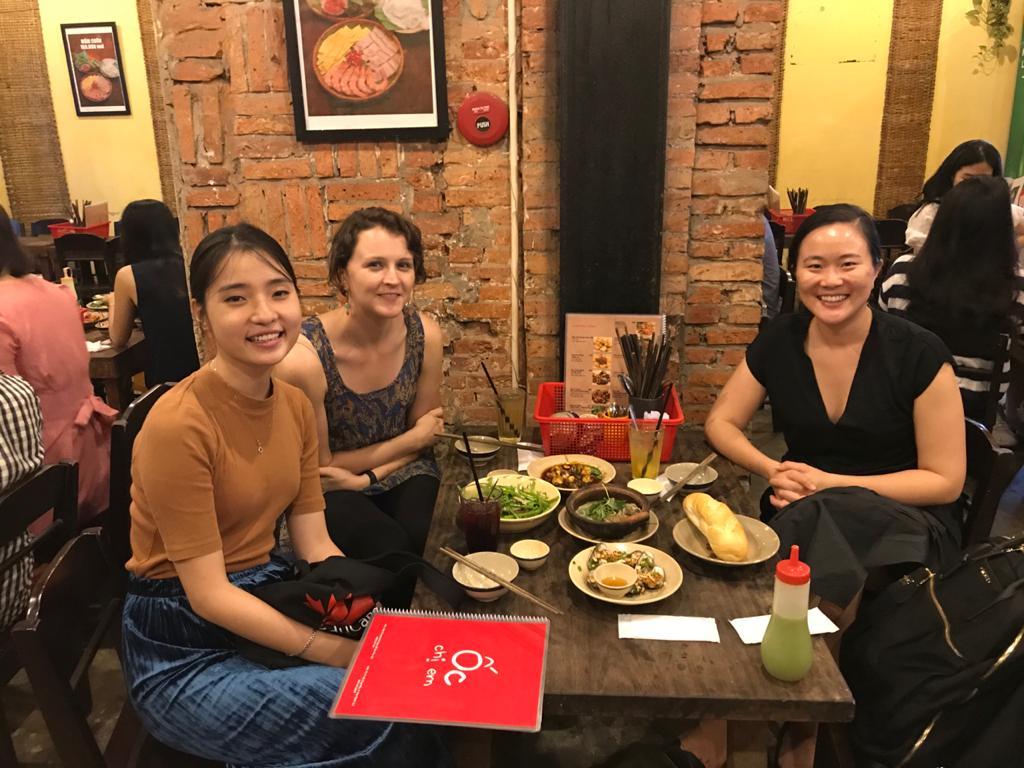
Katharine: This new fund, called the Beacon Fund, is focused on women-led and women-focused businesses in South and Southeast Asia and offers debt loans primarily for working capital or to purchase equipment. This difference allows women businesses to grow in scale in a way that is most appropriate for their goals.
IBD Interviewer: What has your role been?
Katharine: My role has been to help Shuyin get that new fund off the ground. I have worked on everything from writing proposals, doing research on the market, building a fund model, figuring out how economically this is going to work, structuring the investment vehicle, etc. It’s been a pretty great opportunity, as I’m really passionate about supporting women businesses particularly in developing countries. I think that access to capital can be a form of self determination.
IBD Interviewer: How are you managing working across international time zones?
Katharine: I had the opportunity over the winter break to go to Vietnam and worked very intensely with Shuyin. She has been to San Francisco a few times. Otherwise, we coordinate through email, zoom, slack, etc. I think in some ways working for Patamar, the transition for me during shelter in place has been seamless because I have already been coordinating across time zones.
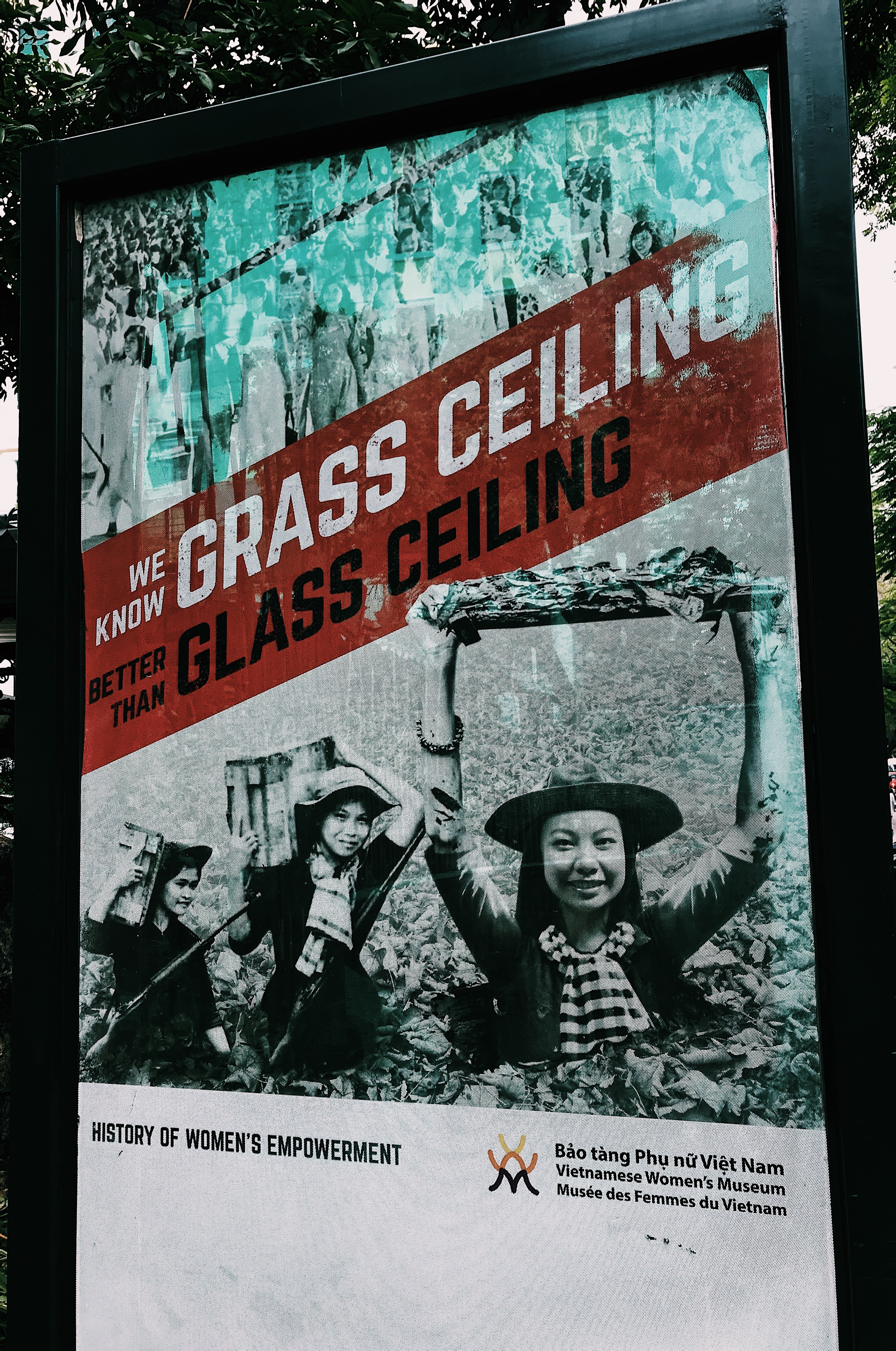
IBD Interviewer: How many businesses will benefit from the launch of this loan?
Katharine: The goal is to go live by the end of the year. I think the idea is within the first year to issue loans to maybe around 10-15 businesses and then grow from there.
IBD Interviewer: Did IBD have any place in helping you in this role?
Katharine: The work that I did for our 2019 IBD project was a market entry strategy for the startup FinTech branch of an organization. They asked us to analyse the landscape and identify opportunities for partnership and/or investment. The IBD experience was really invaluable to understanding what are all the pieces that go into starting something from scratch, from the legal structuring aspects, building the business model, branding and identity. We’ve had a lot of conversations about how we want to position ourselves so that these women-owned businesses know that we’re a great partner for them and we’re different from other funds in the marketplace.
IBD Interviewer: During this time of COVID-19, how is your organization affected? Are you able to work cross-culturally and remotely at the same time?
Katharine: I think there will continue to be firms that want to invest cross-border but for a while may not be able to travel. I’m confident in Patamar’s ability to adapt because they already have investors embedded in six countries across South and Southeast Asia.
I also believe there’s incredible value in connecting with people cross-culturally, learning about their experiences and the challenges that they are facing on the ground. My IBD experience was probably pretty unique in that my client project was a true market entry because they did not have operations in-country. We weren’t on site with the client. This is similar to what I’m doing now with Patamar, trying to assess investment opportunities overseas. I have had to schedule many in-depth interpersonal interactions mediated by technology. During this time of restricted travel, IBD faculty, clients and students will need to try to network and work in more conversations with their clients and stakeholders in their project country, even if it’s over zoom. From my perspective, there’s still value in connecting cross-culturally aided by technology.
IBD Interviewer: Is there anything I didn’t ask you that you want to share with our readers?
Katharine: I worry about our world right now. We are seeing this kind of turn away from globalization. It requires real bravery and commitment to continue to connect, reach out, be vulnerable and to see things from a different perspective. My career has been focused on connecting cross-culturally; it’s one of the things that motivates me and drives me. We are living in challenging times and it will be interesting to see how this changes business.
We wish Katharine and Patamar Capital all the best with the launch of the Beacon Fund. We hope that women entrepreneurs in South and Southeast Asia benefit from this newly imagined means of supporting women-owned businesses.

